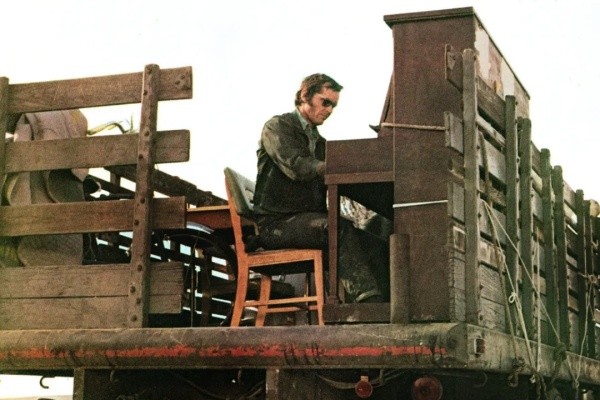Cote makes the monotony of industrial labour poetic and hypnotic in this decent documentary exploration of what ‘work’ and ‘working’ means to the blue-collar fraternity.

Review #2,518
Dir. Denis Cote
2014 | Canada | Documentary | 69 min | 1.85:1 | French
Not rated – likely to be PG
Cast: –
Plot: This documentary captures the energies and rituals of various workplaces. From one worker to another and one machine to the next: hands, faces, breaks, toil. What kind of absurdist, abstract dialogue can be started between human beings and their need to work?
Awards: Official Selection (Berlinale)
International Sales: Films Boutique
Accessibility Index
Subject Matter: Moderate – Workplace; Labour
Narrative Style: Straightforward
Pace: Slow
Audience Type: Niche Arthouse
Viewed: MUBI
Spoilers: No
Some might find this excruciatingly boring, but the trick is to let the static images and bombardment of sounds lull you into a dreamlike state. Factory machines pound their way with precise beats, while the workers operating them shuffle their hands and feet in rhythmic ways. This is the dance of industrial labour, one that only the blue-collar fraternity knows.
Director Denis Cote captures the monotony of work in a poetic way—without blemishes and through a mix of observational-style long takes and montages. Certain parts of the documentary seem to be staged, with unnatural conversations about the meaning of life and labour by the workers acting as transitions between segments of pure visual and sound.
“Your time is as precious as mine.”
Joy of Man’s Desiring, of course, gets its name from the famous tune by Bach, which plays diegetically a few times. Committing to a lifetime of labour is admirable, where man and machine become one. Without either of them, human beings have nothing and are nothing.
Cote shows us glimpses of different industries from heavy metal to textiles to even food. Even if his documentary tends towards a more experimental approach, the message is clear: it can be joyful to be working.
It is easy to see labourers as slaves to big corporations, but Cote is more interested in what makes them repeat their work processes every day. Every thud of a machine is an indicator of progress, but it also mirrors the ticking clock—that there is no second to waste in the work that we do.
Grade: B+
Trailer:
Music:











